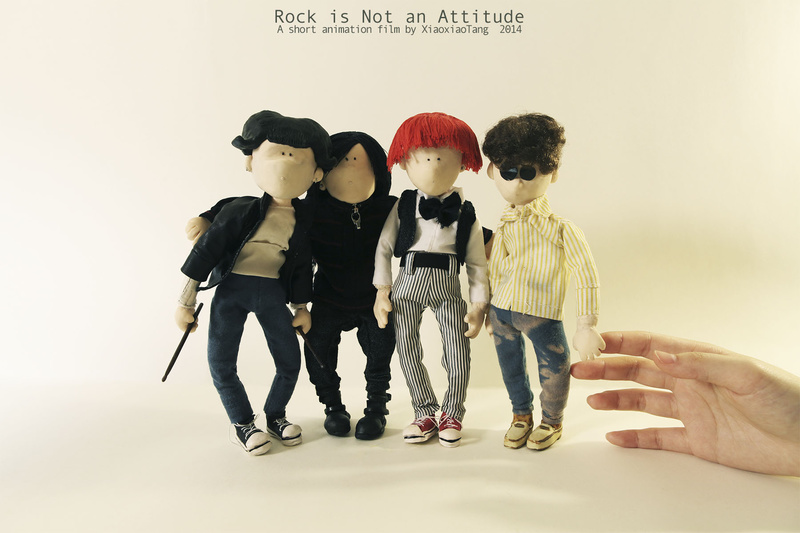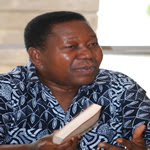ROFFEKE: Stop-motion animation takes a lot of time. How long did it take you to create "The Heaviest Order" and what challenges did you face?
PETER Böving: My biggest challenge is always the same: the start of shooting! After spending weeks on set design and characters, a large, imaginary wall builds up. Instead of being happy to finally get started, it always takes a bit of time before I really get going. Perhaps this is because stop-motion animation is like a live performance with a big unknown. However, once I've started, I usually stick with it – at least 28 days a week, continuously. It took 8 months for this film. However, I switch between tasks during that time: lighting, sound, editing, music, VFX – more or less in a bio-rhythmic manner. When one activity tires me out, I switch to another that challenges me on a different level. As long as I don't get sick, I usually maintain this 12-hour workload for months. But if I do interrupt the work, I run the risk of bringing the aforementioned problem into the studio: the start of shooting!
ROFFEKE: You have managed to creatively bring to light the serious topic of food waste, a topic that many people are either not aware of or are not interested in tackling. What advice would you give creatives who want to use their art to talk about serious societal issues?
PETER: I'm not sure if I'm in a position to give advice on this. Honestly, I'm just relieved every time I come up with a trick to present the respective subject in a creative way. Overall, the challenge might be to find a balance between a humorous story and infotainment to make an environmental film work. A personal dramaturgical touch is to keep the audience in the dark about my intentions for as long as possible.
In my current film, I admittedly went a bit overboard. The punchline would have worked even if the film had been only half as long, as originally planned in the script. However, during production, I found joy in 'stretching' the story. An example of this is a scene in the film where one of the over-the-top protagonists gets the idea to drill a tunnel in a giant cake to run his model train through. This was not in the script; during filming, this absurd turn of events seemed inevitable to me. After all, I practically 'lived' in the set and understood the perspective of my protagonists a bit better every day.
This is both the blessing and curse of productions where one person does everything. The desk-bound planner becomes an activist, creating space for adjustments while risking getting hopelessly bogged down. In the end, I stopped pushing it further simply because I didn't want to exceed a runtime of 10 minutes. As a rule of thumb, films longer than 10 minutes are a criterion for exclusion at many festivals.
ROFFEKE: Speaking of food, what are your thoughts on the ongoing German farmers strike?
PETER: A highly charged topic: I fully agree with the farmers and their demands. However, I believe that there are also many other issues being unleashed right now, issues that have been building up over decades. On the other hand, I'd like to point out that currently, we have an Agriculture Minister who is about as good as it gets. I hope that this realization will permeate the broader public. (As we know, it took a while even for our former Chancellor Schmidt to be recognized.)
(Look out for Part 2 of the interview with Peter Böving)




























































































































































































